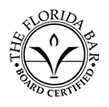Longshore – Defense Base Act
PH: 813-224-0000
The Longshore and Harbor Workers’ Compensation Act (LHWCA) is a federal workers’ compensation law covering accidents and injuries involving maritime employment that occur on the navigable waters or adjoining areas.
The Longshore and Harbor Workers’ Compensation Act (LHWCA) is a federal workers’ compensation law covering accidents and injuries involving maritime employment that occur on the navigable waters or adjoining areas. In Florida, if an injury is covered under the LHWCA, then it is excluded from the Florida Workers’ Compensation Law. Additionally, the Longshore Act has an extension called “the Defense Base Act” which covers employment at overseas military bases of the U.S. and employees of U.S. government contractors working outside the U.S. in public work projects or in national defense and military operations. Although the LHWCA and the Defense Base Act have different coverage requirements, the benefits provided are the same. Generally, in most circumstances the Longshore Act/Defense Base Act provide greater benefits than Florida state law and offer the Employee more choice in selecting their medical care.
Most workers’ compensation attorneys do not handle cases under the Longshore Act. At the Winer Law Group, we represent injured workers’ in claims and disputes before the U.S. Department of Labor, Office of Workers Compensation Programs, and before Administrative Law Judges at the Office of Administrative Law Judges. We also handle appeals of these cases to the Benefits Review Board or Federal U.S. Court of Appeals for the 11th Circuit. There are no attorney’s fees due up from for representation in these cases and attorney’s fees and costs will either be due and payable from the employer/carrier, or as part of a lump sum settlement approved by the Dept. of Labor.
Longshore/Defense Base Act FAQ’s
-
- DEFENSE BASE ACT – applying to employment at overseas military bases of the United States and to employees of U.S. government contractors working outside the United States in public work projects or in national defense and military operations;
-
- OUTER CONTINENTAL SHELF LANDS ACT – applying to employees working on the Outer Continental Shelf of the United States in the exploration and development of natural resources, for example, off-shore oil drilling rigs;
- NONAPPROPRIATED FUND INSTRUMENTALITIES ACT – applying to civilian employees of non-appropriated fund instrumentalities of the Armed Forces (for example, military base exchanges and morale, welfare, and recreational facilities).
- Seamen (masters or members of a crew of any vessel);
- Employees of the United States government or of any state or foreign government;
- Employees whose injuries were caused solely by their intoxication;
- Employees whose injuries were due to their own willful intention to harm themselves or others.
The LHWCA also excludes the following individuals if they are covered by a state workers’ compensation law:
- Individuals employed exclusively to perform office clerical, secretarial, security, or data processing work;
- Individuals employed by a club, camp, recreational operation, restaurant, museum, or retail outlet;
- Individuals employed by a marina and who are not engaged in construction, replacement, or expansion of such marina (except for routine maintenance);
- Individuals who (A) are employed by suppliers, transporters, or vendors, (B) are temporarily doing business on the premises of a maritime employer, and (C) are not engaged in work normally performed by employees of that employer covered under the Act;
- Aquaculture workers;
- Individuals employed to build any recreational vessel under sixty-five feet in length, or to repair any recreational vessel, or to dismantle any part of a recreational vessel in connection with the repair of such vessel;
- Small vessel workers if exempt by certification of the Secretary of Labor under certain conditions.
If you require medical attention for your injury, you should obtain treatment as soon as possible.
You are entitled to select a physician of your choice to treat the effects of your injury. You should ask your employer for the for the Form LS-1, Request for Examination and/or Treatment which authorizes medical treatment. However, in a medical emergency, you may request authorization from your employer or its insurance carrier after obtaining emergency treatment.
See FAQ #50 about how to obtain authorization for medical treatment.
U. S. Department of Labor
Office of Workers’ Compensation Programs
Division of Longshore and Harbor Workers’ Compensation
201 Varick Street, Room 740
Post Office Box 249
New York, NY 10014-0249
If you already have an OWCP file number , all claim forms and any other documentation pertaining to your case should be sent the following address. This is the address of our Jacksonville DLHWC District Office, which is designated as the Central Mail Receipt site for the entire program. This site processes all mail for all existing cases, regardless of the owning District Office. The mail is then viewable electronically by the District Office with jurisdiction for the case.
U. S. Department of Labor
Office of Workers’ Compensation Programs
Division of Longshore and Harbor Workers’ Compensation
400 West Bay Street, Suite 63A, Box 28
Jacksonville, FL 32202
Click here for more information about our Central Case Create and Central Mail Receipt sites.
No, your employer cannot fire you for filing a workers’ compensation claim. If it does, you may have a claim for coercion under §440.205 or a private cause of action for wrongful termination.
UNPARALLELED SERVICE
MAXIMUM RESULTS
UNENDING DEDICATION

110 North 11th Street, 1st Floor, Tampa, FL. 33602-4202 • Phone: 813.224.0000 • Fax: 813.224.0088
1 West Las Olas Blvd., 5th Floor, Ft. Lauderdale, FL. 33301 • Phone: 954.564.4800 • Fax: 954.564.5121
By you using this website and the electronic mailbox contained within, you agree not to transmit any case-related documents, including, but not limited to, pleadings, service of process, correspondence or any other case-related documentation of a time-sensitive nature.
YOU ARE NOT ESTABLISHING AN ATTORNEY-CLIENT RELATIONSHIP BY COMPLETING THIS FORM. YOU ARE NOT A CLIENT UNLESS AND UNTIL YOU RECEIVE A SIGNED WRITTEN REPRESENTATION AGREEMENT FROM THE FIRM.









